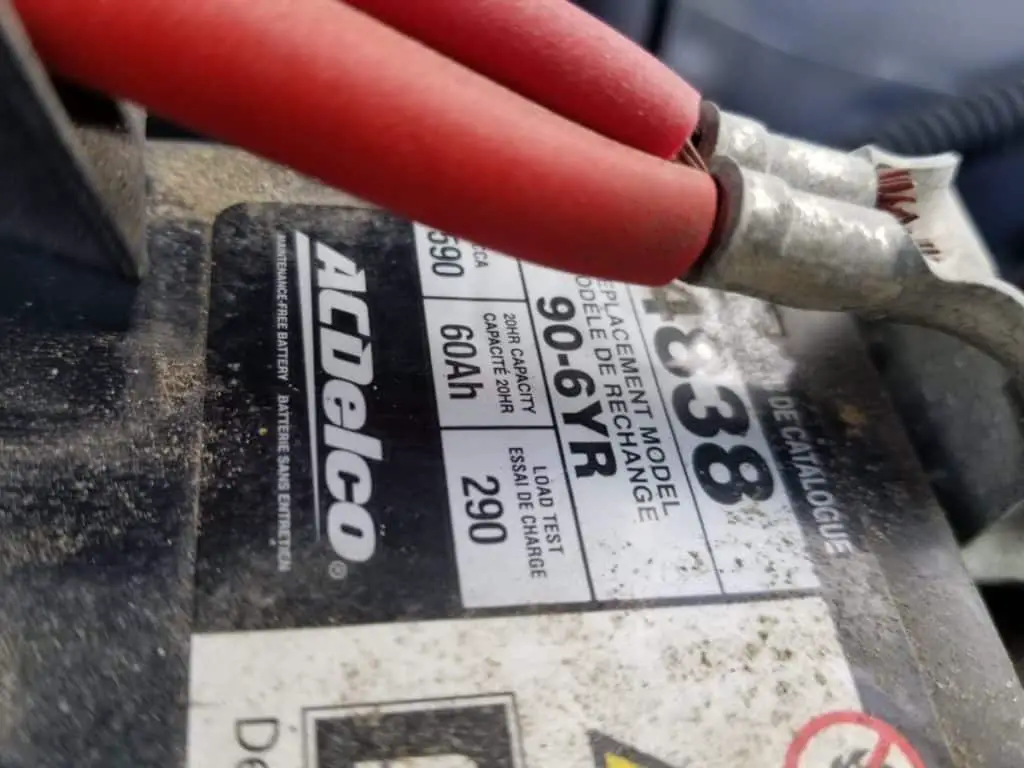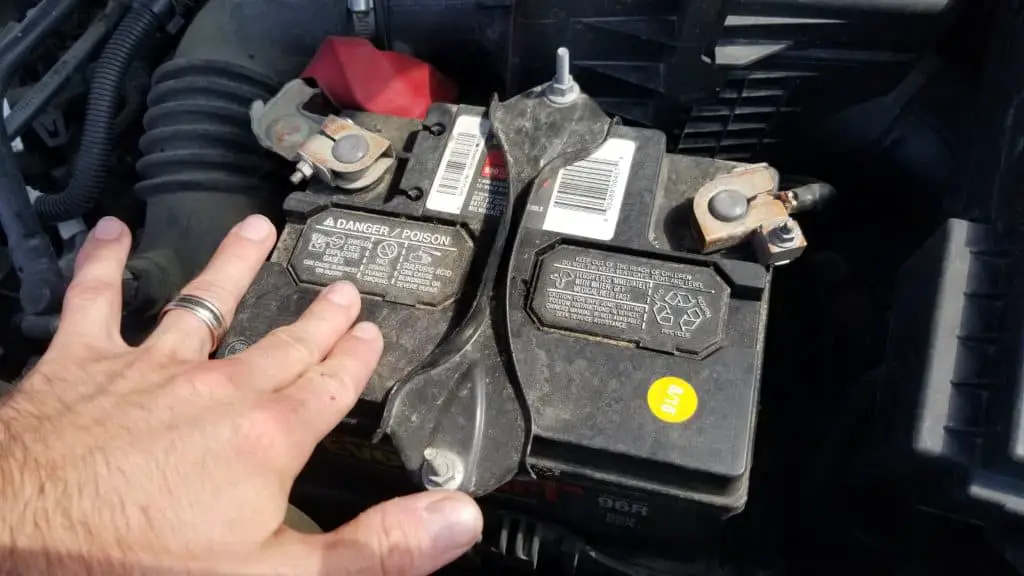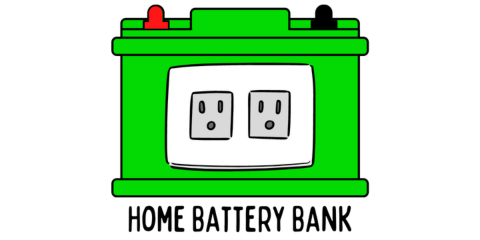If you’re smelling sulfur or something akin to rotten eggs emitting from your car battery, you’re going to need to take immediate action or you’ll be suffering health problems, a dead battery, or both.
Why does my car battery smell like rotten eggs?
A car battery will smell like rotten eggs or sulfur due to overcharging and the release of hydrogen sulfide. Typically, it will just cause throat irritation but in large enough concentrations hydrogen sulfide can be lethal.
There is only one “good” reason why your car battery smells like rotten eggs and we’ll cover that below. Other than that, you need to take steps to make sure to keep such an event from happening. I’ll cover some basic steps you can take to keep your car battery happy and stink-free!
Let’s get started!
Why Does Overcharging my Car Battery Cause a Rotten Egg Smell?
During the charging process, your battery charger is sending an electrical current through your car battery’s electrolyte solution. Your car battery is attempting to convert this electrical energy from the charger into stored chemical energy within the battery itself.
Batteries can only convert this energy at a certain rate, and that rate is dependent on the current state of charge of the battery. A battery with a 25% charge will be able to accept far more and faster energy from a charger than one that is at 90%.

Think of trying to drink a gallon of water all at once after you’ve gone 24 hours without it. You’ll easily get 1/3 to 1/2 of it down at once but will immediately struggle with the last half. Your stomach needs to expand, and your body now has to send the water to each and every cell within your body to rehydrate them. That takes time.
It’s a similar situation with a battery.
If your charger has either an amp rating that is disproportionate to your car battery’s Amp-Hour (AH) rating or if you’re using a charger that is “old-school” and isn’t a modern smart charger, you’ll be heading for a rotten egg smell in no time.
Car batteries typically have an amp hour equivalency of about 50-80AH. A good rule of thumb is to keep your peak charging amps at about 10% or less of the total AH of the battery being charged. I would never exceed 10amps for a car battery, and in fact, I generally stay at 6 or below.
My favorite charger that I have used on a daily basis for the last 6 years is this 5-amp charger seen on Amazon. It is gentle on car batteries and I have never experienced the “rotten eggs” smell. It is capable of charging a dead car battery overnight as well and can be left connected indefinitely for long-term storage.
If you charge a battery with a charger that is “old school”, I’m referring to one that lacks a microprocessor that senses the current state of charge of the battery and adjusts the amperage and voltage accordingly. Using an old school charger is an easy way to get your battery to overcharge and release hydrogen sulfide.
The initial part of the charge will likely be uneventful, but as the battery slows down its absorption rate and the charger continues to pump in the amps regardless, overcharging will occur. This is especially dangerous if you hook the charger up and forget about it.
Depending on the charging amps, you risk not only the smell of rotten eggs, but also a bulging battery, warped plates, a cracked battery case, a fire or explosion. Never leave an “old school” charger unattended!
Is the Rotten Egg Smell from a Car Battery Dangerous?
Yes, the rotten egg or sulfur smell from the overcharging car battery is dangerous in two ways — it’s poisonous and it’s explosive.
Hydrogen sulfide is denser than air and will stay lower to the ground. If you are in a garage with the car doors open and getting a cross breeze, the smell probably won’t do much (not to say you want to keep letting it overcharge!).
If you bring your battery inside, say to charge it overnight, and you are in the same room with it the smell will certainly start to irritate your throat and sinuses. Trust me, I know.
If you stay in that room and the concentration gets high enough, you will poison yourself and can certainly die. Keep in mind that you become “nose blind” to hydrogen sulfide after a while, so don’t get complacent.
The explosive aspect is pretty self-explanatory. Don’t have open flame near your battery as it’s charging/overcharging. This includes areas with a standing pilot light!
Also, always keep your battery charger unplugged while you connect to the battery terminals, and unplug the charger before removing them after a charge. This will eliminate the sparking that occurs when you make that last connection and keep you from igniting any hydrogen gas or hydrogen sulfide.
Most newer battery chargers protect against this, like the one I linked to above, but it never hurts to practice redundancies when it comes to safety.
One Reason When Your Car Battery Should Smell Like Rotten Eggs
Now, if you’re really into battery maintenance, there is a thing called “equalization” or “desulfation”. Both of which are basically a controlled overcharge to either bring the individual cells to an equal state or to agitate and break off any sulfation that has occurred on the plates.
Many but not all smart chargers have this feature and it also is sometimes called “recovery” mode.
Smart chargers will carry out the process automatically without need the need to intervene. However, this process can take up to 8-10 hours with some models which I’m just not a fan of. I don’t care to have my battery boiling for that long and risk the heat evaporating all of the electrolyte, bulging my battery, poisoning my household or worse.
If you monitor the process with a voltmeter, you’ll see the process get well into the 16.5-volt range. Anything over 14.5 or so is getting into the “overcharge” range. 16-volts and higher and you’ll hear the electrolyte boiling from 30 feet away.

When I’ve done a desulfation mode process, I stopped it after 30 minutes. You can do what you’d like though. I just don’t like the risk and I no longer perform it as a maintenance measure. Some people swear by it, you’ll just have to do your own research and weigh the risk to reward ratio.
Related Articles:
Is it Normal for My Car Battery to Bubble or Make Noise When Charging?

